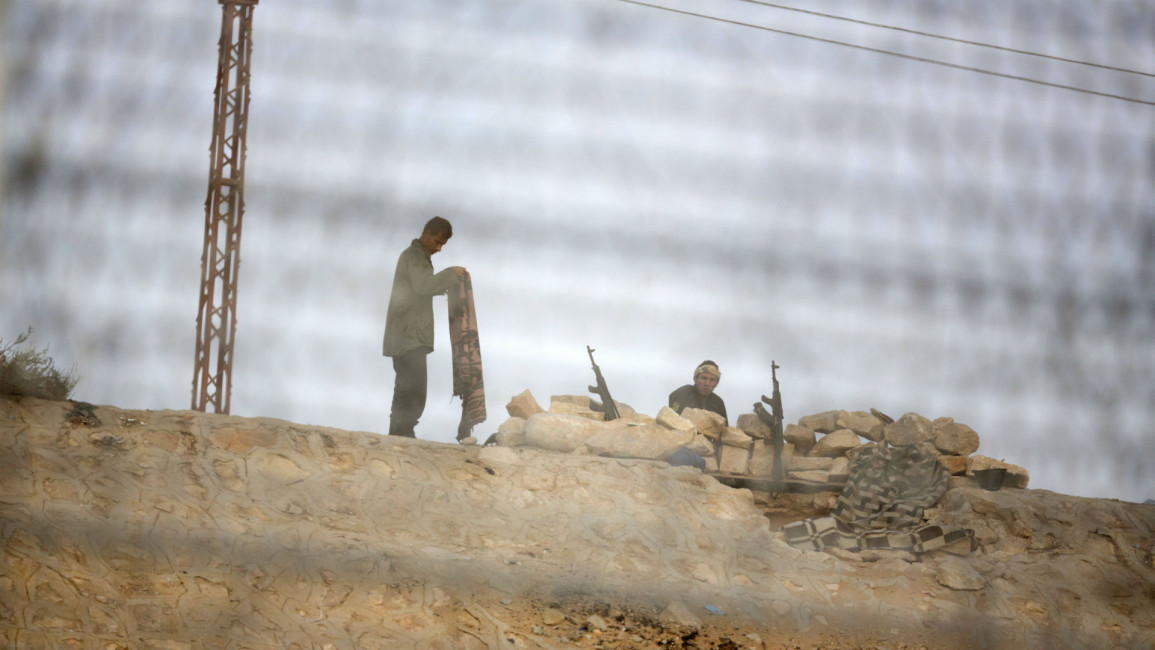UN condemns deadly mosque attack in Egypt
The UN Security Council and Secretary-General Antonio Guterres have condemned the deadly attack on a mosque in Egypt's Sinai Peninsula in "the strongest terms" and called for the perpetrators to be brought to justice.
The council statement called it a "heinous and cowardly terrorist attack" and reiterated that all acts of terrorism "are criminal and unjustifiable, regardless of their motivation." Guterres called the attack, which killed at least 235 people, "horrific."
Security Council members, including Egypt which is serving a two-year term, "reaffirmed that terrorism in all its forms and manifestations constitutes one of the most serious threats to international peace and security."
Both the council and the secretary-general extended their deepest condolences to the families of the victims and to the government and people of Egypt.
On Friday, suspected militants let off a bomb and opened fire at Al Rawdah mosque in Bir al-Abed, 40km west of Arish city in North Sinai.
The blast is thought to be one of the country's deadliest attacks in recent memory, state media reported.
Egypt is facing an Islamist insurgency concentrated in the Sinai peninsula from two main groups, including an Islamic State group affiliate, that have killed hundreds of security forces since 2013.
The IS group's Egypt branch has killed hundreds of policemen and soldiers, and also civilians accused of working with the authorities, in attacks in the north of the Sinai peninsula.
In recent times, attacks against security forces have also taken place in Egypt's western desert, where an ambush on Egyptian a police convoy led to the deaths of at least 16 security personnel last month.
Militants operating in Egypt have maintained a steady war of attrition with sniper attacks, roadside bombings and attacks on civilian targets, including Coptic churches.
Unlike the IS group in Iraq and Syria, however, Islamist militants have been unable to seize population centres in Egypt.



